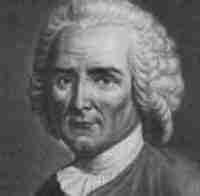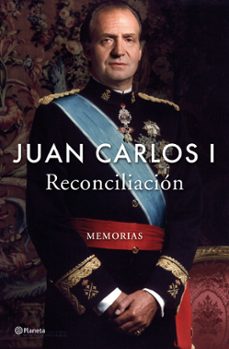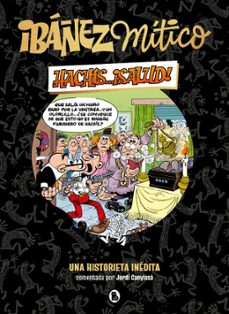📗 Libro en inglés THE SOCIAL CONTRACT
Editorial Maxtor- 9788490019160
Sinopsis de THE SOCIAL CONTRACT
I mean to inquire if, in the civil order, there can be any sure and legitimate rule of administration, men being taken as they are and laws as they might be...
The Social Contract, or Principles of Political Right by Jean-Jacques Rousseau is a book in which Rousseau theorized about the best way to establish a political community in the face of the problems of commercial society, which he had already identified in his Discourse on Inequality (1754).The Social Contract helped inspire political reforms or revolutions in Europe, especially in France. The Social Contract argued against the idea that monarchs were divinely empowered to legislate; as Rousseau asserts, only the people, who are sovereign, have that all-powerful right.
The stated aim of The Social Contract is to determine whether there can be a legitimate political authority, since people's interactions he saw at his time seemed to put them in a state far worse than the good one they were at the state of nature, even though living in isolation.
Ficha técnica
Editorial: Editorial Maxtor
ISBN: 9788490019160
Idioma: Inglés
Número de páginas: 152
Tiempo de lectura:
3h 4m
Encuadernación: Tapa blanda
Fecha de lanzamiento: 15/12/2015
Año de edición: 2015
Plaza de edición: España
Colección:
Maxtor Classics
Maxtor Classics
Alto: 1.2 cm
Ancho: 1.8 cm
Peso: 145.0 gr
Especificaciones del producto
Escrito por Jean-Jacques Rousseau

Nació el 28 de junio de 1712 en Ginebra (Suiza). A los dieciseis escapa de su localidad natal instalándose en Saboya acogido por un sacerdote. A los 16 es secretario y acompañante asiduo de madame Louise de Warens, mujer rica que tuvo una profunda influencia en toda su vida. En el año 1742 se radica en París, donde trabaja como profesor, copista y secretario político. Hizo amistad con el filósofo francés Denis Diderot. En 1750 ganó el premio de la Academia de Dijon. En 1756 se retiró a Montmorency. En 1762 escapa a Prusia y después a Inglaterra, donde fue amparado por el filósofo escocés David Hume. No obstante, pronto se enemistaron en cartas públicas y polemizaron entre ambos. Regresó a Francia en 1768 bajo el nombre falso de Renou. Falleció el 2 de julio de 1778, en Ermenonville, Francia.
Descubre más sobre Jean-Jacques Rousseau Recibe novedades de Jean-Jacques Rousseau directamente en tu email
Opiniones sobre THE SOCIAL CONTRACT
¡Sólo por opinar entras en el sorteo mensual de tres tarjetas regalo valoradas en 20€*!

![harry potter y el cáliz de fuego (harry potter [ediciones ilustra das interactivas] 4)-j.k. rowling-9788419868497](https://imagessl7.casadellibro.com/a/l/s5/97/9788419868497.webp)



























